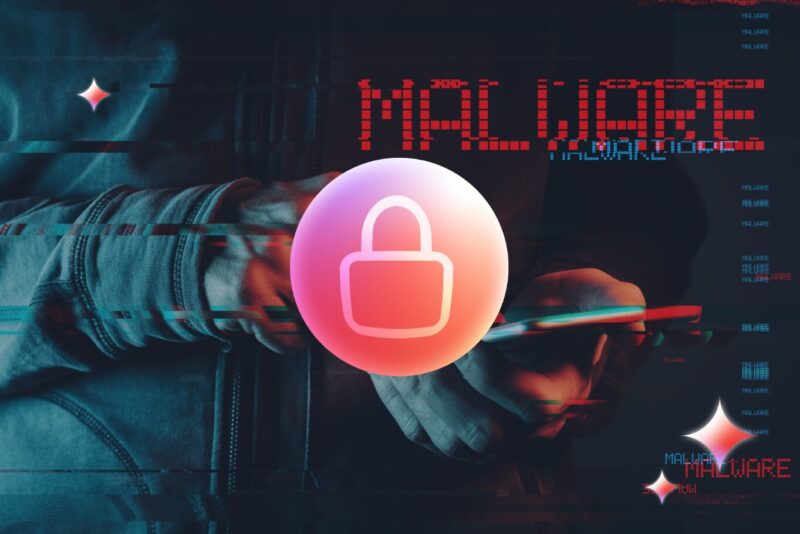Email remains the most common entry point for cyber attacks, and social engineering tactics are becoming ever more sophisticated thanks to AI.
The Microsoft Digital Defence Report 2025 highlights that phishing, business email compromise (BEC), and social engineering are responsible for a significant proportion of successful breaches in the UK.
For B2B organisations operating in the Microsoft ecosystem, strengthening email and social engineering defences is essential to protect sensitive data, finances, and reputation.
The Threat: Why email and social engineering matter.
Attackers are constantly evolving their tactics, using AI to craft convincing phishing emails and social engineering campaigns that bypass traditional defences.
According to Microsoft, phishing remains the most common initial access vector, and AI-driven phishing campaigns are now three times more effective than traditional ones.
Key Information:
- Phishing continues to dominate as the primary initial access method in global cyber incidents, according to MDDR 2025.
- Microsoft scans 5 billion emails daily for phishing and malware threats.
4 Methods for email & social engineering defence.
We recommend a layered cybersecurity approach to email and social engineering defence, combining advanced technology, process, and user awareness.
1. Deploy Defender for Office 365 for advanced email protection
Microsoft Defender for Office 365 provides comprehensive protection against phishing, malware, and BEC by scanning inbound and outbound emails for malicious content and suspicious behaviour.
Recommendation:
- Enable Defender for Office 365 across all mailboxes.
- Regularly review and update email protection policies.
2. Implement DMARC, DKIM, and SPF for domain authentication
Domain-based Message Authentication, Reporting & Conformance (DMARC), DomainKeys Identified Mail (DKIM), and Sender Policy Framework (SPF) are essential protocols for verifying sender authenticity and preventing domain spoofing.
Recommendation:
- Configure DMARC, DKIM, and SPF for all organisational domains.
- Monitor authentication reports and remediate any issues promptly.

3. Use AI to triage and respond to suspected phishing attempts
AI-powered security tools can analyse email content and user behaviour to detect and respond to phishing attempts in real time, reducing the burden on security teams and improving response times.
Recommendation:
- Integrate AI-driven phishing triage with your security operations centre (SOC).
- Continuously train AI models with the latest threat intelligence.
4. User awareness and training (the big one!)
Technology alone is not enough. Regular training helps users recognise and report suspicious emails, reducing the likelihood of successful social engineering attacks.
So, how can you prevent social engineering? Start by educating employees on common tactics, running phishing simulations, and creating clear reporting processes.
Recommendation:
- Conduct regular phishing simulations and awareness campaigns.
- Provide clear guidance on how to report suspected phishing emails.
- Attend our Mission Secure event for the latest information on how AI is reshaping cybersecurity.
Microsoft solutions for email & social engineering defence
- Defender for Office 365: Advanced protection against phishing, malware, and BEC.
- Microsoft Security Copilot: AI-driven analysis and response for email threats.
- Microsoft Purview: Monitoring and compliance for email communications.
Phishing and social engineering attacks rely on exploiting human trust and technical weaknesses.
By deploying advanced email protection, authenticating domains, leveraging AI, and educating users, organisations can block the majority of attacks before they ever reach their targets.
How can you prevent social engineering in 2026?
Email and social engineering attacks are not going away – but their impact can be dramatically reduced with the right defences.
By combining advanced Microsoft technologies, robust authentication protocols, AI-driven analysis, and user awareness, UK organisations can block attacks before they begin and build a culture of cyber resilience.
So, is your organisation’s inbox truly secure? Now is the time to strengthen your defences.
Partner with us at ANS, Microsoft’s UK Partner of the Year 2025, and leverage our cybersecurity services to deploy advanced email security and social engineering protection.
Stop threats before they start now.





